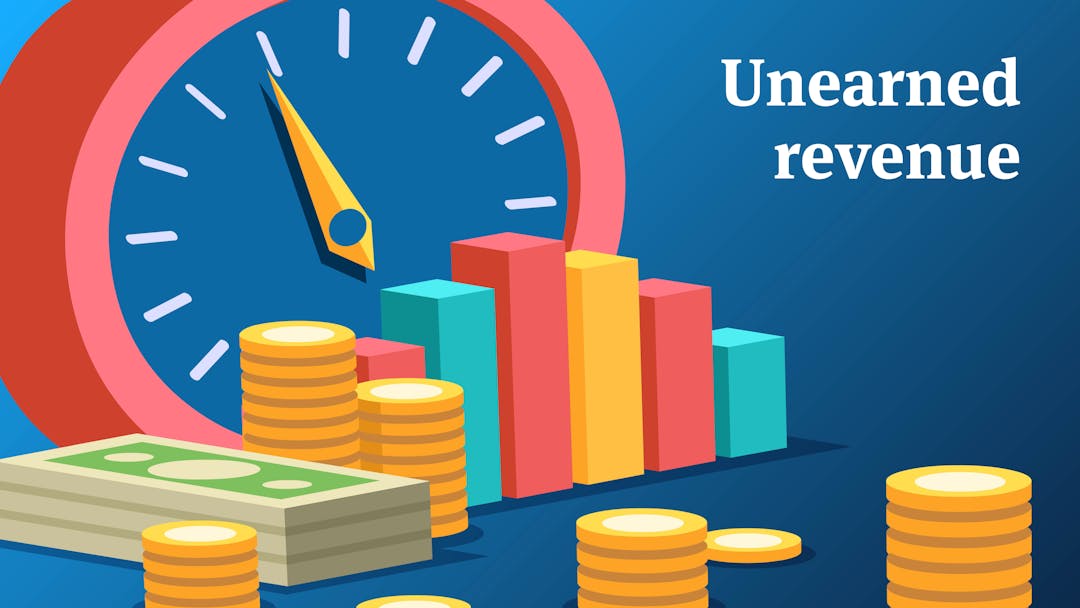Revenue is a recurring (no pun intended) word here at ProfitWell. Making the most out of your company’s recurring revenue is our forte—often that means collecting money owed to you, otherwise known as revenue collection.
After reading this post, you’ll learn what revenue collection is, who needs it, why it’s often difficult, and other tips for subscription companies handling revenue collection.
What is revenue collection?
Revenue collection frequently refers to a government agency billing the public or a member of the public for fines, taxes or any other fees. However, revenue collection is also the general collection of revenue for debts owed or owed revenue by persons or businesses.
Who needs revenue collection?
While revenue collection is mainly associated with government agencies, it is also essential for businesses as a means to collect revenue for any kind of owed asset. Anyone or anything that is owed money needs revenue collection.
Government agencies
When talking about government agencies, revenue collection means collecting outstanding financial obligations from the public. Those financial obligations can come in a variety of sources—taxes, license fees, fines or use of state facilities.
Businesses
When it comes to businesses there is another, more familiar term: accounts receivables. It is the balance of money due to a firm for goods or services delivered or used but not yet paid for by customers. It often refers to accounts a business has the right to receive revenue on because it has delivered a product or service—essentially the definition of revenue collections.
Why is revenue collection often difficult?
There are a plethora of reasons why revenue collection can be difficult, especially in rapidly growing markets. From personal information changes, to lack of funds and information. Here are the most common issues your business may encounter:
Personal information changes
People may try to change their address or phone number as a way to avoid paying a debt they owe. People will also fail to communicate change of information.
Lack of funds
Insufficient or lack of funds to repay a debt is often an obstacle in revenue collection. Try to accommodate with a smaller project or spreading invoices out. If this happens often, your company needs to do more customer vetting.
Lack of information
Inadequate or incomplete information can lead to delinquent churn. If someone enrolls in your service with a credit card that expires, but no contact information, that will inevitably cause difficulties within your revenue collection. Without the proper information, resolving the matter can be extremely difficult, if not irreparable.
Four tips for on-time revenue collection for subscription companies
Encountering difficulties during revenue collection is inevitable; however, there are some steps you can take to facilitate the process. Here are a few approaches to keep in mind:
Charge upfront
Charge at the beginning of a cycle so that you are paid for your services in advance. Charging up front for you services provides benefits for both you and your clients. It guarantees the obvious—payment—but depending on your business, it also guarantees interruption-free services.
Hire a PI
If you have a client that owes a large sum and has provided insufficient contact information, hiring a private investigator could be a suitable option. A private investigator can assist in obtaining the contact information needed for repayment. And depending on the severity of the situation, seeking legal action might be needed. Remember, legally enforceable debts more than 120 days past due are usually referred to private collection agencies, the state attorney general’s office, or other designated finance/taxation government agency.
Start dunning
Dunning refers to the repeated request for the payment of a debt. It usually happens after a credit card has been declined, a payment gateway has encountered an error, or the customer has insufficient funds. Sending pre and post-dunning emails can help tremendously when trying to collect revenue and recover debt.
Effective pre-dunning emails are an important step in reducing delinquent churn, so it’s important to track when each customer’s credit card is about to expire and begin notifying them to update information. Post-dunning emails entail asking a customer to update his or her information after a failed payment. Utilize discretion when sending post-dunning emails and be sure to take customers off your delinquent churn retention funnel once their card has gone through.
Recover delinquent churn
The easiest way to collect debt is by not acquiring debt in the first place; however, for the majority this is unrealistic. Your best alternative is to optimize your delinquent churn process.
Reducing delinquent churn is one of the most immediate ways to earn your revenue back and positively impact your bottom line. And implementing a comprehensive system, like ProfitWell Retain, is three to four times more effective in reducing delinquent churn than dunning emails alone.
Preventing unnecessary churn is a sure way to add value, retain customers, and avoid revenue losses.
Adding value to your business
Revenue collection is no easy task, but it is a necessary one. Having a comprehensive system, ensuring proper data tracking and customer communication will dramatically facilitate your revenue collection process, and help you avoid major and unnecessary losses.
Additionally, proper management of your revenue collection will have a positive impact on your relationships with your customers, adding value to your business.

